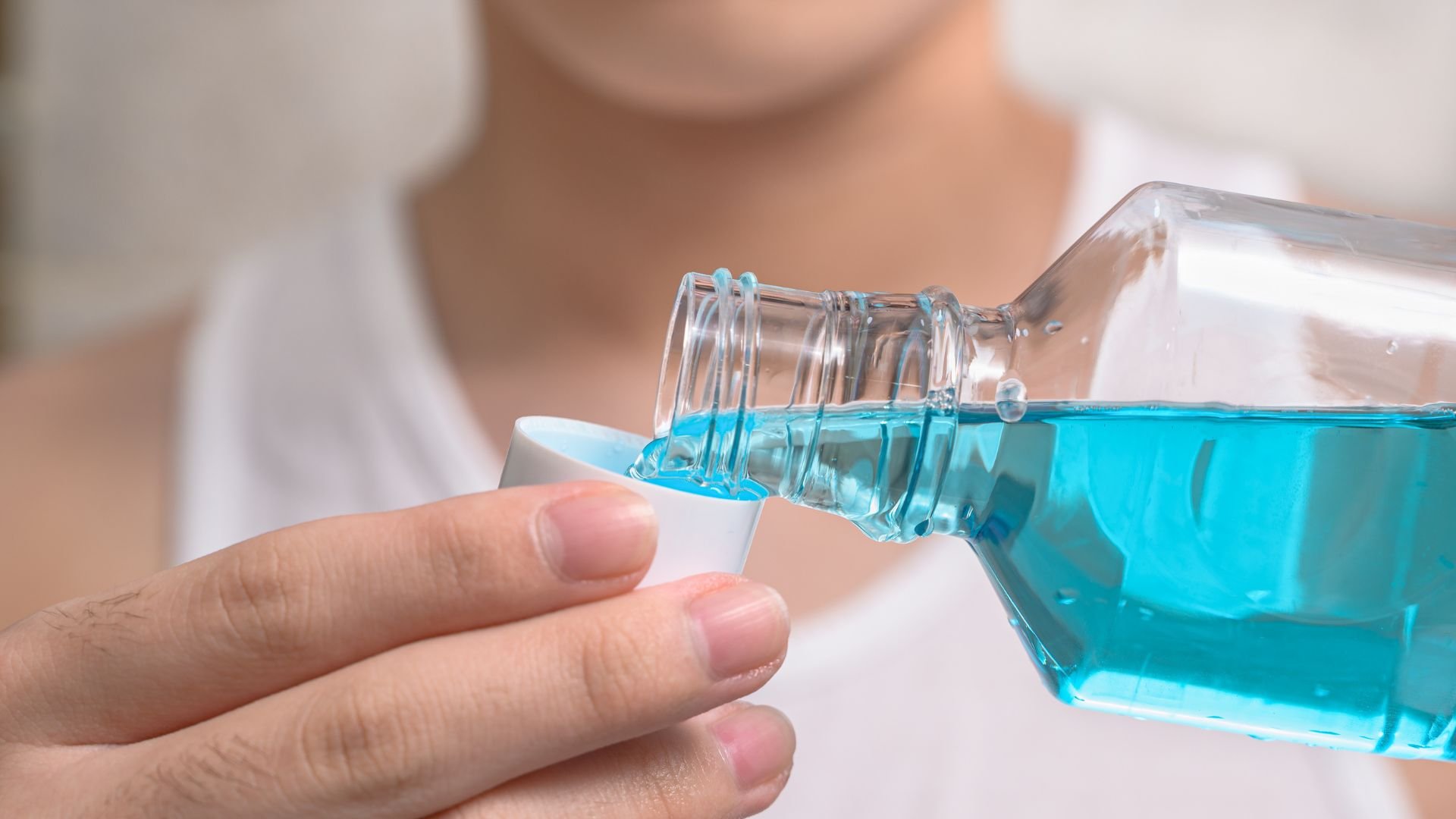Top 5 Reasons Why Porcelain Veneers Might Not Be Right for You
In a Glance:
Have you ever felt self-conscious about your smile? If you are considering porcelain veneers but not sure what are some risks they can involve, this article is for you. Before making a commitment to this transformative dental solution, it's important to take these following key factors into consideration.
Reason 1: Weak Teeth or Not Enough Enamel
Porcelain veneers are a popular choice for smile enhancement but aren't appropriate for everyone, particularly those with weakened or brittle teeth. The veneer application process typically involves the removal of a small layer of tooth enamel, about 0.5 to 1 millimeter, to ensure a snug and natural-looking fit. This trimming, usually done on the front and between the teeth, is essential for preventing the veneers from appearing overly thick and unnatural. However, it's a delicate procedure; too little enamel removal can lead to veneers that don't adhere properly or are prone to falling off, while excessive trimming can increase the risk of cavities. This procedure is irreversible as enamel does not grow back, and improper handling can worsen teeth already damaged by decay.
Therefore, adequate tooth enamel is essential for the veneers to bond effectively. Insufficient enamel can cause the bonding to fail, making the veneers less durable. As a result, individuals with insufficient enamel are typically not ideal candidates for porcelain veneers. To make sure you are the right candidate, go to a trusted doctor for an in-person evaluation.

Curious about the amount of enamel removal involved in the procedure? Check out our article which explores various scenarios in detail.
Reason 2: Underlying Dental Problems
Porcelain veneers might not be the right solution for you, if you have other underlying problems that need immediate treatment. Your dentist might suggest other procedures such as braces rather than porcelain veneers. For instance, some dentists might be reluctant to apply porcelain veneers if you have severe periodontal issues. This is due to the fact that patients with periodontal disease often have severe plaque buildup, gum, swelling, and abscesses, which could potentially get worse with porcelain veneers. It's important to take this into consideration and consult your dentist if you have periodontal disease before getting veneers done.
.jpg?width=1920&height=1080&name=iVeneers%20-%20Photos%20(1).jpg)
Reason 3: Financial Reasons
We have an article exploring why porcelain veneers can be a worthwhile investment, but it's important to consider the financial aspect. On average, the cost of porcelain veneers ranges from $1,200 to $2,500 per tooth. When factoring in consultation, adjustments, and design, the total expense can reach $20,000 to $30,000. If this poses a significant financial burden, it may be wise to reconsider. One key point to remember is that while the veneer procedure is irreversible, the veneers themselves need replacing every 10-15 years. With diligent care, such as consistent brushing and flossing, avoiding hard foods, and reducing consumption of staining beverages like coffee and wine, the lifespan of veneers can be extended to up to 20 years. However, since your enamel has been reduced for the veneers, replacement is mandatory when they wear out. You'll need to either replace the veneers or opt for a crown. Ignoring this is not an option, making it an ongoing commitment rather than a one-time investment.

Reason 4: Couldn't Find the Right Dentist
Veneers can fall off if not properly placed. If the veneer isn't firmly attached or doesn't perfectly match the tooth's shape, small gaps may form in between. This gap could increase the likelihood of the veneer coming loose or breaking. You can easily prevent this by finding an experienced dentist to get your veneers done.
Another concern people have is that the color and the shape might look unnatural in real life.
This may be true if your veneers are not designed by an experienced dentist. It can sometimes turn out to be too white, thick or bulky, resulting in an unnatural look. What’s worse, When veneers aren't properly polished, they become dull and prone to discoloration.
It's not just the dentists, but also the labs behind them, that are responsible for crafting your final 'smile.' However, patients typically have little input in choosing a lab, as they lack industry knowledge. They also can't communicate directly with the manufacturers of their 'smile.' All communications about the design are conducted through the dentist. Therefore, it's crucial to choose a dentist who is not only skilled but also has a good sense of aesthetics.

Reason 5: Porcelain Veneers require good hygiene
Properly brushing and flossing your teeth is the key to taking care of your porcelain veneers. If consistent brushing and flossing aren't part of your oral care habits, veneers may not be the ideal choice for you. Bad oral hygiene could result in dirt and bacteria buildup, causing cavities (Yes, you still can get cavities even when having veneers on), gingivitis and may even escalate to periodontal diseases, ultimately requiring tooth extraction.

Share this
You may Also Like
Related Stories

Porcelain Veneers and Teeth Whitening: Elevate Your Holiday Smile

Porcelain Veneers: A Long-lasting Solution for Dental Confidence




No Comments Yet
Let us know what you think